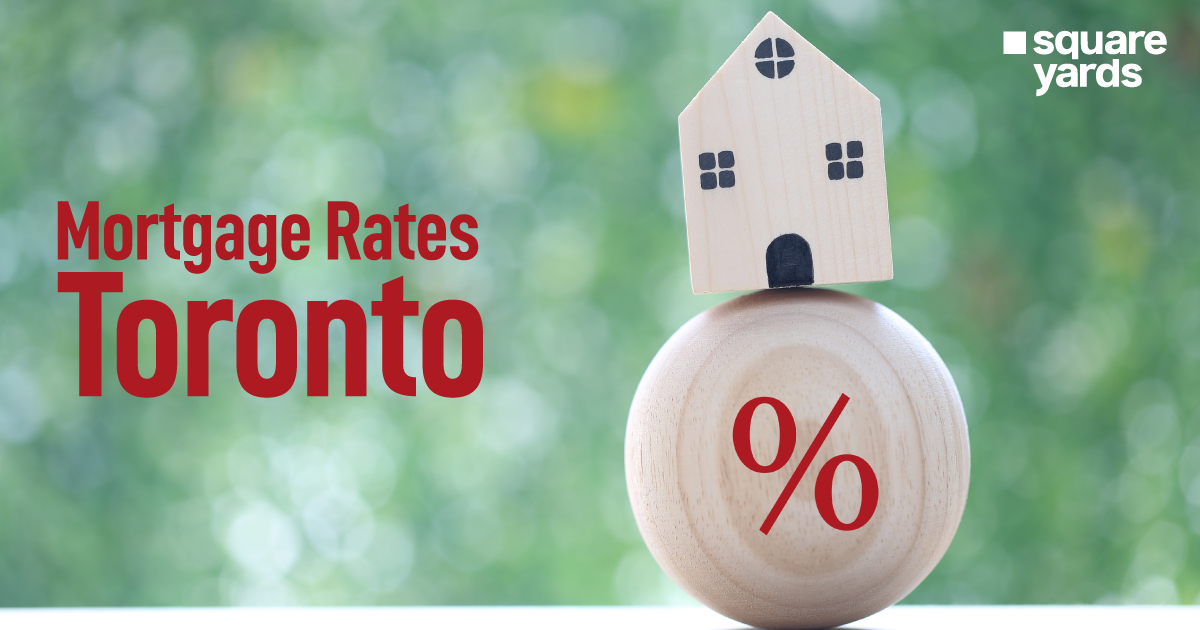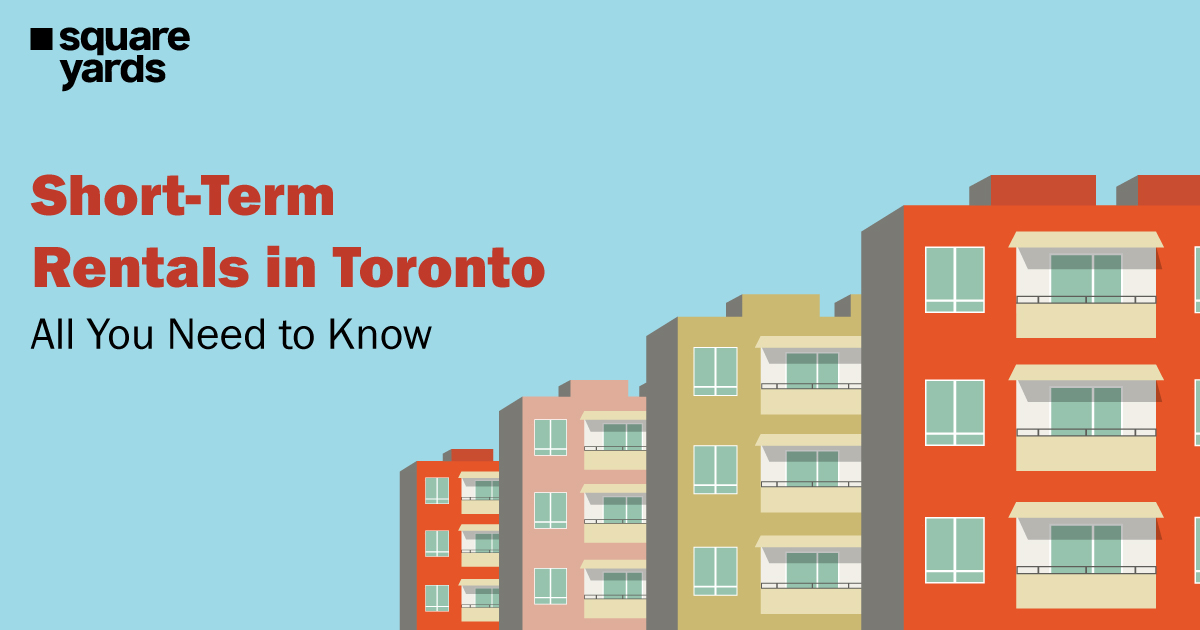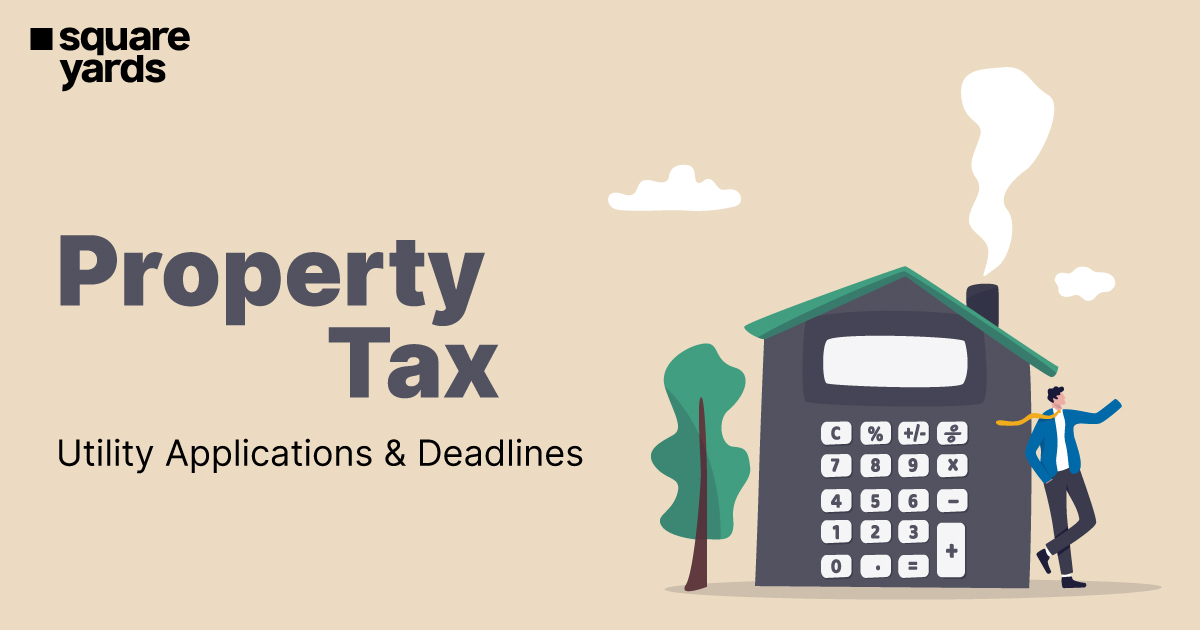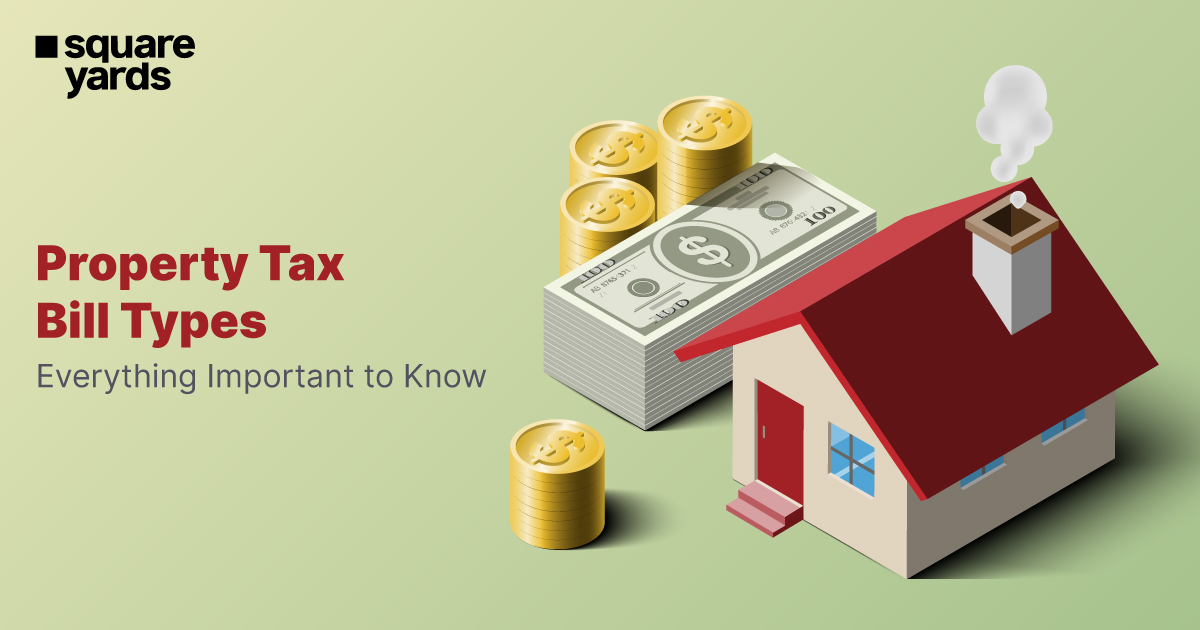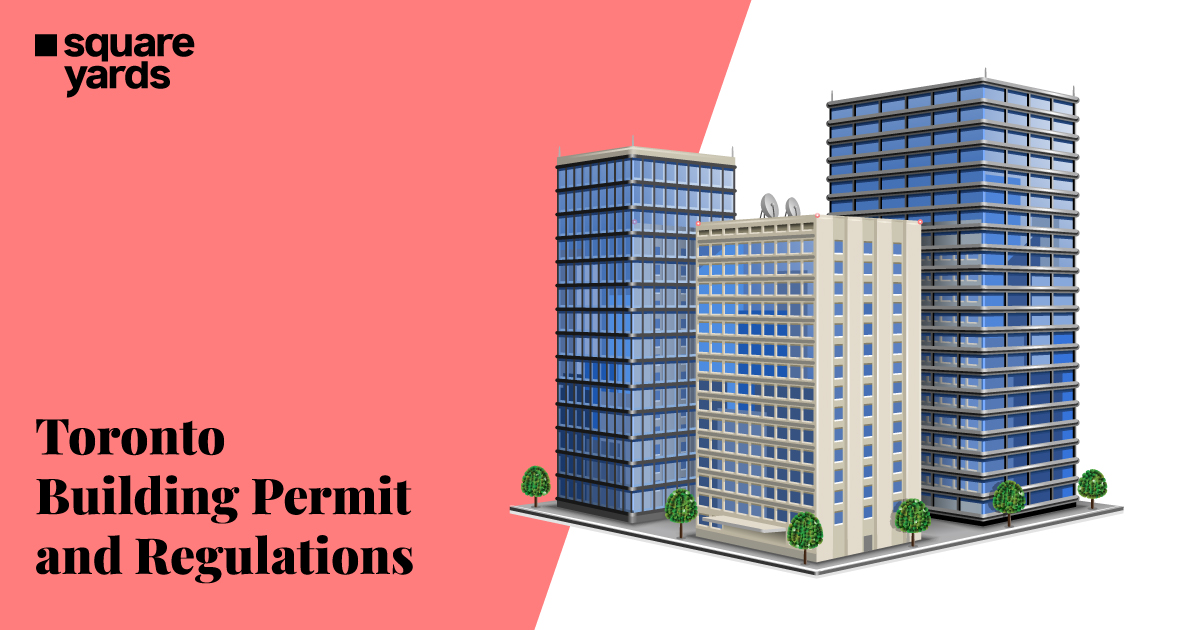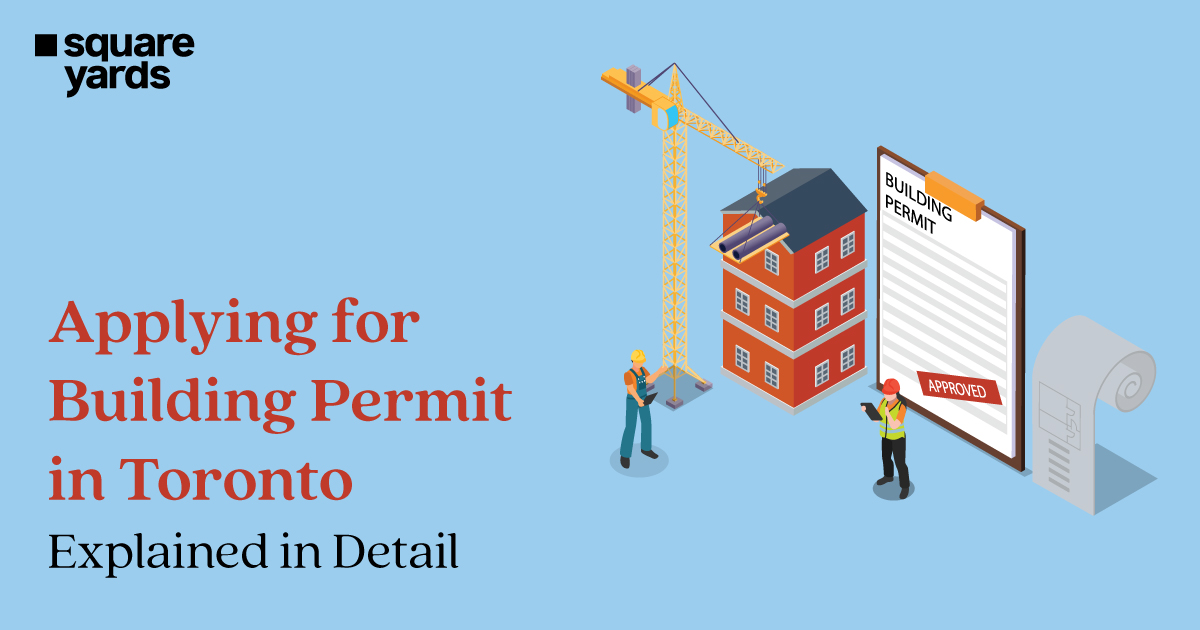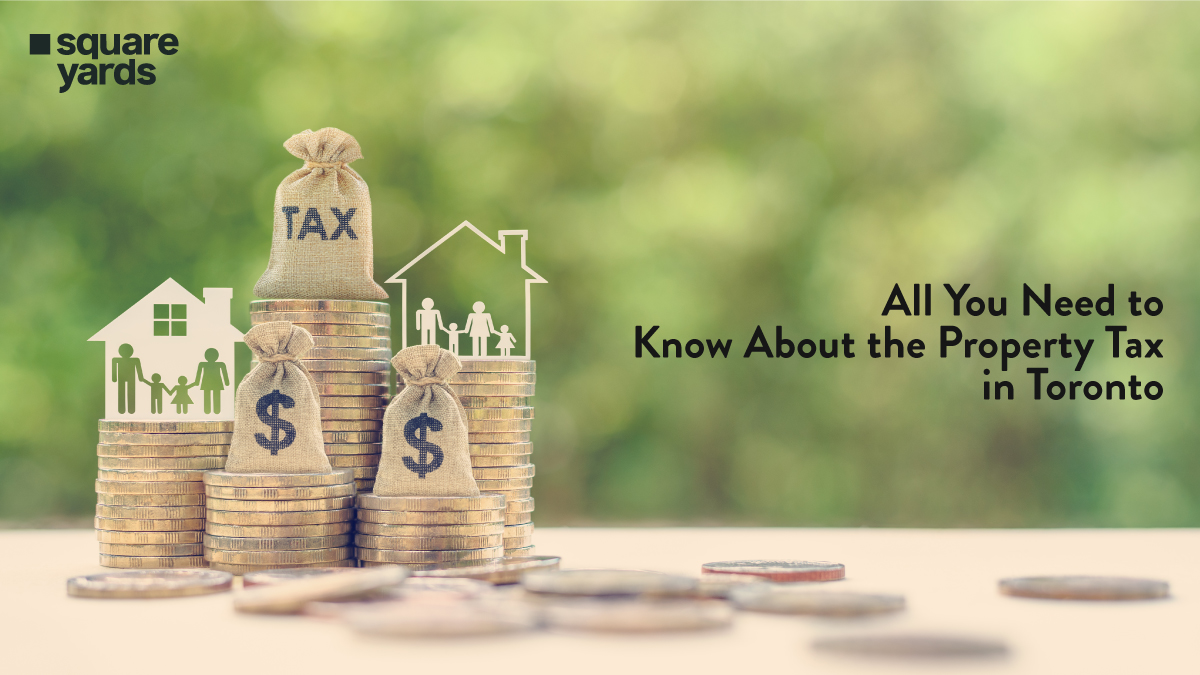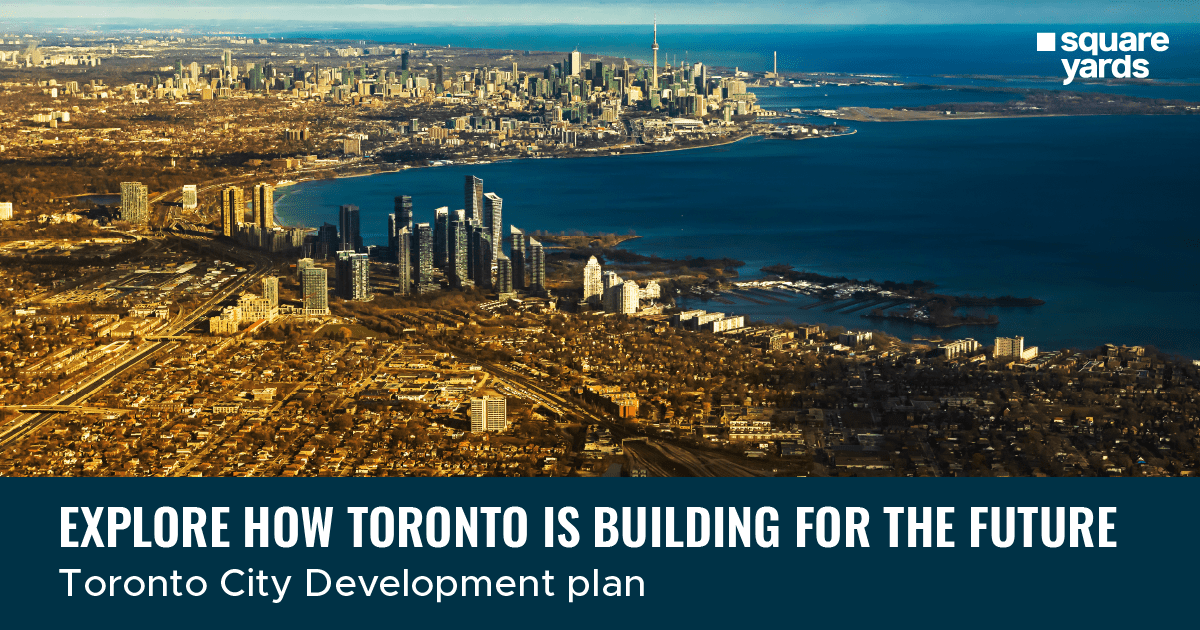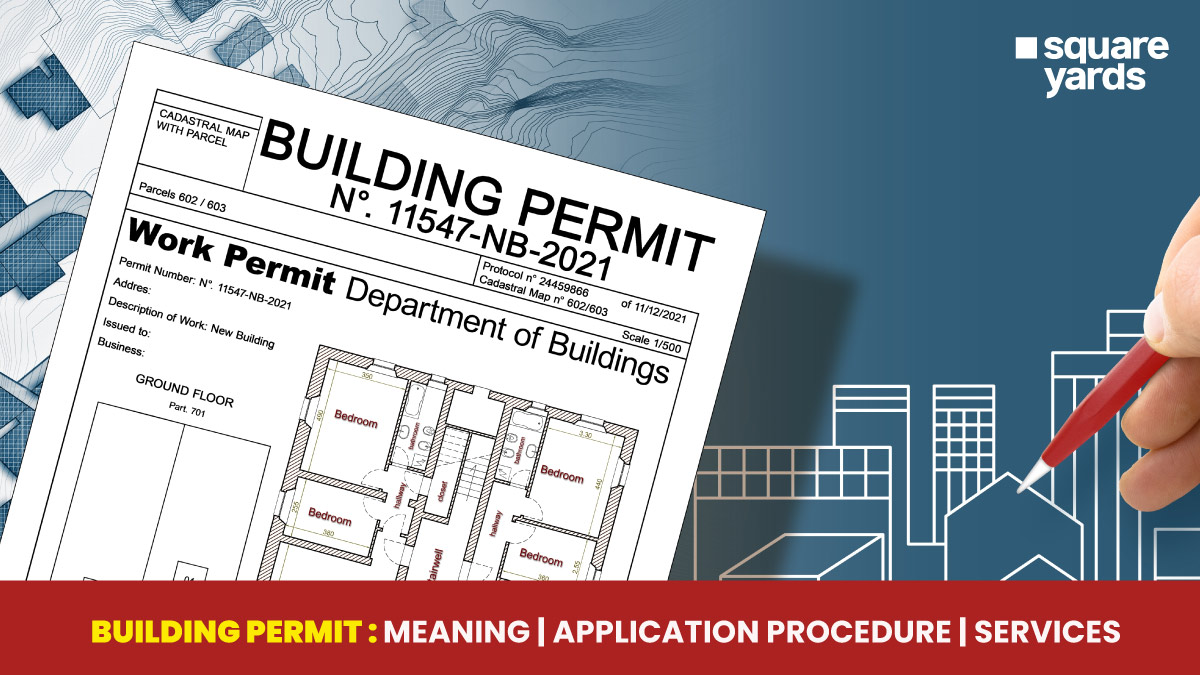When you want to buy a home in Toronto, finding the best mortgage rates Toronto can save you a lot of money in the long run. Toronto, one of Canada’s biggest housing markets, offers a variety of mortgage options through banks, credit unions, and mortgage brokers.
Firstly, mortgage interest rates in Toronto can either be fixed or variable. A fixed rate means your interest rate doesn’t change over the term of your mortgage, which makes budgeting easier because your payments stay the same. A variable rate can fluctuate based on market conditions, which might lead to paying less interest over time, but it also means your payments could increase.
Moreover, several factors affect mortgage rates in Toronto, including the Bank of Canada’s rates, the economy's health, and how much lenders charge for loans. Generally, rates will rise when the economy is strong, and when it's weak, rates tend to fall. It’s important to keep an eye on these trends to try and lock in a good rate.
5 Different Types of Mortgages in Toronto
Choosing the right type of mortgage is crucial for homebuyers and investors in Toronto’s competitive real estate market. Different mortgage types cater to varying financial situations, repayment preferences, and risk tolerance. Here’s a breakdown of the most common mortgage options available in Toronto.
1. Fixed-Rate Mortgage
A fixed-rate mortgage offers a stable interest rate for the loan term, typically 2 to 10 years. This type is ideal for buyers who prefer predictable payments and protection from interest rate fluctuations. However, fixed rates are generally higher than variable rates when signing.
2. Variable-Rate Mortgage
A variable-rate mortgage (VRM) has an interest rate that fluctuates based on the Bank of Canada’s prime rate. While VRMs often start lower than fixed-rate mortgages, they carry the risk of increasing payments if interest rates rise. Some lenders offer capped VRMs, which limit how high the rate can go.
3. Home Equity Line of Credit (HELOC)
A HELOC allows homeowners to borrow against their home equity, offering flexible access to funds with interest-only payments on the borrowed amount. This is ideal for renovations, investments, or emergencies but requires strong financial discipline.
4. Second Mortgage
A second mortgage is an additional loan secured against a home’s equity. It is often used for debt consolidation, home improvements, or major expenses. Since second mortgages are riskier for lenders, they come with higher interest rates.
5. Reverse Mortgage
Designed for homeowners aged 55+, a reverse mortgage lets them access home equity without selling. Repayments are not required until the home is sold or the owner moves out, making it useful for retirement income supplementation.
List of Banks Offers Lowest Mortgage Rate in Toronto
Finding the lowest mortgage rate in Toronto, Canada, involves thorough research and comparisons. Numerous banks and financial institutions compete to offer the most attractive rates. Here’s a list of some of the top contenders known for providing competitive mortgage rates:
| Bank Name | Offerings |
| RBC Royal Bank | The Royal Bank of Canada (RBC) is one of the largest financial institutions in Canada. It offers a variety of mortgage solutions tailored to different needs. With competitive fixed and variable rates, RBC provides flexibility in prepayment options and refinancing solutions. Its 5-year fixed mortgage rate currently sits at 4.29%. |
| CIBC (Canadian Imperial Bank of Commerce) | CIBC is known for its personalised mortgage solutions, including cash-back mortgages, flexible payment schedules, and refinancing options. Their 4.34% rate for a 5-year fixed mortgage makes them a strong contender for homebuyers in Toronto. |
| BMO (Bank of Montreal) | BMO provides a range of mortgage products, from first-time homebuyer options to investment property financing. With a current 5-year fixed mortgage rate of 4.25%, BMO remains a competitive choice for buyers looking for stable interest rates. |
| TD Bank (Toronto-Dominion Bank) | TD Bank is recognised for its flexible mortgage terms, including unique features like a mortgage payment vacation and increased payment options. Its 4.54% 5-year fixed rate is slightly higher than some competitors but comes with added benefits like TD’s mortgage advisors and digital tools. |
| Scotiabank | Scotiabank is one of the best banks for new homebuyers, offering competitive rates and rewards programs that integrate with its mortgage products. Its 6.49% 5-year fixed rate makes it one of the most affordable options among the big banks. |
| Nesto (Online Lender) | Nesto is an online mortgage lender offering some of the lowest rates in the industry. Their 5-year fixed mortgage rate is 3.64%, significantly lower than traditional banks. They operate with a fully digital process, making applications quick and convenient. |
*Note: These are the official mortgage rates updated on the 8th and 9th of April 2025.
*Tips: To get the best mortgage rates in Toronto, consider special promotions, negotiate terms, and possibly engage a mortgage broker who can provide you with the best offers from various banks to find the lowest mortgage rates in Toronto according to your needs.
What is Better: A Variable or a Fixed Mortgage Rate in Toronto?
Choosing between a fixed or variable mortgage rate in Toronto depends on your financial situation and risk tolerance. Fixed-rate mortgages offer predictable monthly payments, providing stability if you rely on consistent budgeting. However, they may have higher initial rates compared to variable options.
Variable-rate mortgages often start with lower interest rates, potentially leading to initial savings. Nonetheless, these rates can fluctuate with market conditions, introducing uncertainty in your payments.
Recent Bank of Canada rate cuts have led some homeowners to consider switching from fixed to variable rates, aiming to benefit from lower rates. A fixed mortgage may suit you if you prefer stability and can accommodate potentially higher initial rates. Conversely, a variable mortgage could be advantageous if you're comfortable with potential rate fluctuations and seek lower initial payments.
8 Factors Affecting the Mortgage Rates in Toronto
Mortgage rates in Toronto are influenced by several situations. Understanding these factors can help prospective buyers make informed decisions about mortgage financing.
Bank of Canada’s Policy Interest Rate
The Bank of Canada (BOC) sets the overnight lending rate, directly impacting the cost of borrowing across the financial system. When the BOC raises its policy rate, lenders increase both variable and fixed mortgage rates. Conversely, rate cuts stimulate economic activity and generally lead to lower mortgage rates. Changes in this rate often serve as a leading indicator for mortgage rate trends.
Government of Canada Bond Yields
Fixed mortgage rates are closely tied to the performance of government bond yields, particularly five-year bonds. Lenders use these bonds as a benchmark to set fixed-rate mortgage pricing. Rising bond yields typically result in higher fixed mortgage rates, while falling yields allow for reductions. These yields fluctuate based on investor sentiment, inflation expectations, and broader economic forecasts.
Economic Indicators
Core economic data play a critical role in shaping interest rate policy and lender strategy. Persistent inflation may prompt tighter monetary policy, leading to higher mortgage rates. On the other hand, weak economic growth or high unemployment may lead to lower rates as authorities attempt to encourage borrowing and investment.
Global Economic Trends
Mortgage rates in Toronto are also influenced by developments in the global economy. Fluctuations in global interest rates, commodity prices, and geopolitical events can affect investor behaviour and capital flows, indirectly impacting Canadian bond markets and lending conditions. For example, decisions by the U.S. Federal Reserve can influence Canadian rate policy due to economic integration and market expectations.
Liquidity and Credit Conditions
The supply of money available for lending within the financial system also affects mortgage rates. When liquidity is high, and lenders have excess capital, interest rates may be more competitive. However, during periods of tightened credit, mortgage rates may rise as lenders manage risk and reduce exposure.
Housing Market Conditions
Local housing market trends, particularly in high-demand regions like Toronto, can influence how lenders set mortgage rates. Strong demand, limited supply, and rising home prices may lead to more conservative lending practices, which can include higher interest rates or stricter qualification criteria.
Lender Competition
The competitive landscape among banks, credit unions, and alternative lenders affects mortgage pricing. In a highly competitive market, lenders may lower rates or offer promotional terms to attract clients. In contrast, reduced competition can result in less favourable borrowing conditions.
Borrower Profile and Loan Type
Lastly, mortgage rates can vary based on individual borrower factors such as credit score, income stability, down payment size, and loan amount. Additionally, different mortgage products (e.g., fixed vs. variable, open vs. closed) have distinct pricing models based on associated risk and market behaviour.
Tips to Get The Best Mortgage Rate in Toronto
Mortgage rates can shift, but the right moves can help you lock in a better deal. Here’s how to boost your chances of scoring the best rate in Toronto:-
- Boost Your Credit Score: Aim for a score above 700. Pay bills on time, reduce debts, and avoid new credit applications before applying.
- Put Down More Money: A 20%+ down payment helps you avoid CMHC insurance and shows financial strength—both can lead to lower rates.
- Compare Lenders: Rates vary. Shop around—check banks, credit unions, online lenders, and brokers. Even a 0.25% difference adds up over time.
- Use a Mortgage Broker: Brokers often access exclusive deals and simplify the process, especially if your financial situation is complex.
- Negotiate the Rate: Lenders can be flexible. Use a strong application and competing offers to your advantage—don’t be shy to ask for better terms.
- Consider Your Term and Rate Type: Shorter terms or hybrid mortgages can offer better rates. Choose what fits your financial goals and risk tolerance.
- Lower Your Debt-to-Income Ratio: Pay down other debts to improve your profile. A lower ratio signals stability to lenders.
- Time It Right: Monitor rate trends and the Bank of Canada’s updates. Apply when conditions are favourable.
- Lock in with a Rate Hold: Found a good rate? Secure it with a pre-approval—many lenders will hold it for 60 to 120 days.
Compare the Best Big 5 Bank Mortgage Rates
The Big Five banks in Canada – RBC, TD, Scotiabank, BMO, and CIBC – are known for their stability and competitive mortgage offerings. Here’s a comparison of their current mortgage rates in Toronto:-
Lender | 3‑year fixed | 5‑year fixed | 5‑year variable |
CIBC | 4.39% | 4.34% | 4.95% |
Scotiabank | 6.54% | 6.49% | 5.40% |
Desjardins | 6.39% | 4.59% | 4.45% |
National Bank | 4.44% | 4.39% | 4.45% |
RBC | 4.29% | 4.29% | 4.55% |
TD | 4.59% | 4.54% | 4.89% |
First National | 4.44% | 4.09% | 4.95% |
Nesto | 3.84% | 3.64% | 3.95% |
*Note:- These are the official interest rates updated on the 8th and 9th of April 2025.
Can I Get a Mortgage Loan in Toronto on a Work Visa?
Securing a mortgage loan in Toronto while on a work visa is entirely possible, though it may come with additional requirements and conditions. Banks and lenders are typically open to providing mortgage loans to non-residents or individuals on a work visa, provided they meet specific criteria:
- Credit History: A solid credit history, even if it's from your home country, can significantly enhance your chances of getting approved.
- Down Payment: Non-residents might be required to make a higher down payment, often around 20% or more.
- Employment Stability: Proof of stable employment and a steady income stream is crucial. Lenders prefer applicants who have been in their current jobs for a significant period of time.
- Documentation: Additional documentation, such as a valid work visa, proof of income, and references, may be required.
By meeting these requirements, you can obtain a mortgage loan in Toronto, even on a work visa. It’s always advisable to consult with mortgage specialists who can guide you through the process and help you secure the best mortgage rates Toronto offers.
How Does a Commercial Mortgage Work in Toronto in 2025?
A commercial mortgage is a loan to finance properties like office buildings, retail spaces, industrial units, and multi-unit residential complexes (5+ units). Unlike residential mortgages, these loans focus on the property’s income potential rather than the borrower’s credit history. In Toronto’s 2025 market, interest rates range from 5% to 9%, with terms typically spanning 5 to 25 years.
To qualify, lenders assess business financials, credit history, rental income, and the Debt Service Coverage Ratio (DSCR), which should be at least 1.25. Borrowers usually need a 25-35% down payment, and loans may come from major banks (RBC, TD, BMO, etc.), credit unions, or private lenders. The process involves financial assessment, property appraisal, lender comparison, and final approval.
Commercial mortgages provide essential financing for investors and businesses expanding their real estate portfolio. Choosing the right lender and preparing strong financial documentation can significantly improve approval chances and secure better terms.
Who Are the Best Alternative Mortgage Providers in Toronto?
In Toronto, several alternative mortgage providers cater to borrowers who may not meet traditional lending criteria. Here are some notable options:-
Equitable Bank: Operating as Canada's seventh-largest bank by assets, Equitable Bank specialises in residential and commercial real estate lending and offers flexible mortgage solutions through its digital platform, EQ Bank.
HomeEquity Bank: Focused on homeowners aged 55 and over, HomeEquity Bank provides reverse mortgages, allowing clients to access their home's equity without selling.
Home Trust Company: As a subsidiary of Home Capital Group, Home Trust Company offers alternative lending solutions, including mortgages, for those with limited credit history or past financial challenges.
CMLS Financial's AVEO: The AVEO™ mortgage product line by CMLS Financial is designed to accommodate diverse and unpredictable financial situations, offering alternative mortgage options for individuals.
Nesto: A digital mortgage brokerage based in Montreal, Nesto provides an online platform for finding and comparing mortgage rates, offering competitive rates and terms across Canada.
Orion Financial: Specialising in private mortgages, Orion Financial offers financing solutions outside traditional lending institutions, catering to individuals who may not qualify for conventional loans due to credit issues or unique property circumstances.
Clover Mortgage: Clover Mortgage provides private mortgage solutions with competitive interest rates, bypassing federal requirements that often disqualify applicants and offering access to capital when traditional banks decline funding.
Citadel Mortgages: Offering flexible loans, Citadel Mortgages provides private mortgage options with rates starting from 3.69% for 5-year fixed and 3.95% for 5-year variable, catering to Canadians seeking alternative financing solutions.
The Lend Pros: Serving the Greater Toronto Area, The Lend Pros offers alternative mortgage lending solutions, providing customised lending options to meet unique financial needs.
Hensey Financial Inc.: With over 13 years of private mortgage financing expertise, Hensey Financial Inc. offers customised solutions and a client-centric strategy, providing quick funding for complex, urgent financial needs.
Will the Canadian Interest Rate Go to 3.5% by October 2025?
As of March 2025, the Bank of Canada (BoC) policy interest rate is 2.75%, following a recent 25 basis point cut. Forecasts from major financial institutions suggest a continued downward trend throughout the year. BMO predicts the rate could drop to 2.5% by mid-2025, while RBC expects it to reach 2% by the same period. Given these projections, it is unlikely that the BoC will raise rates to 3.5% by October 2025. Instead, economic indicators point toward further rate cuts, as the central bank aims to balance inflation control and economic growth. However, external factors such as global market shifts, inflation trends, and employment data could impact future rate decisions. Monitoring Bank of Canada announcements and financial market reports is recommended for the most accurate updates.
Conclusion
When comparing mortgage rates in Toronto, it’s essential to consider each bank's additional features, such as prepayment options, porting capabilities, and customer service quality. Engaging a mortgage broker can also help negotiate better rates and terms with these banks.
In conclusion, understanding and securing the best mortgage rates in Toronto requires diligent research and a thorough comparison of available options.
You May Also Read:

